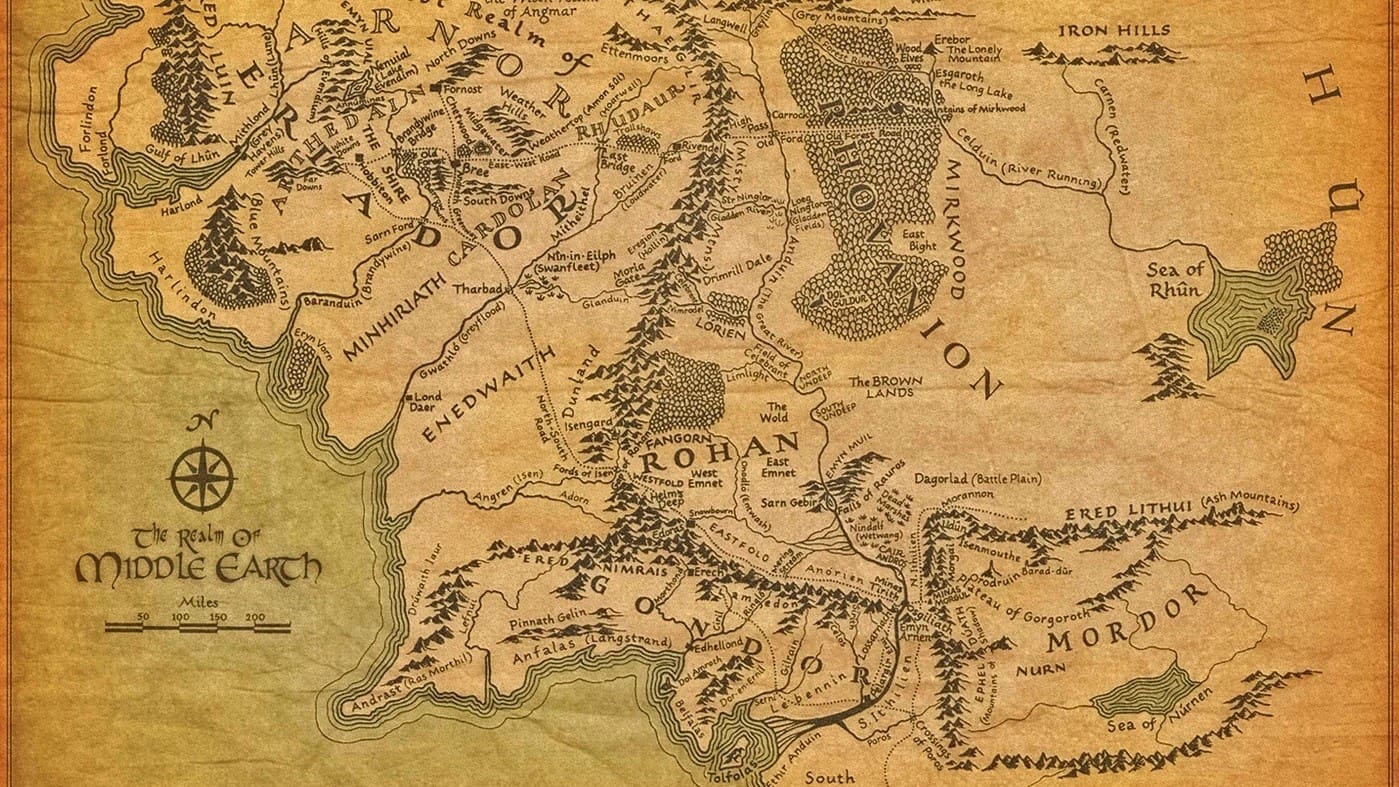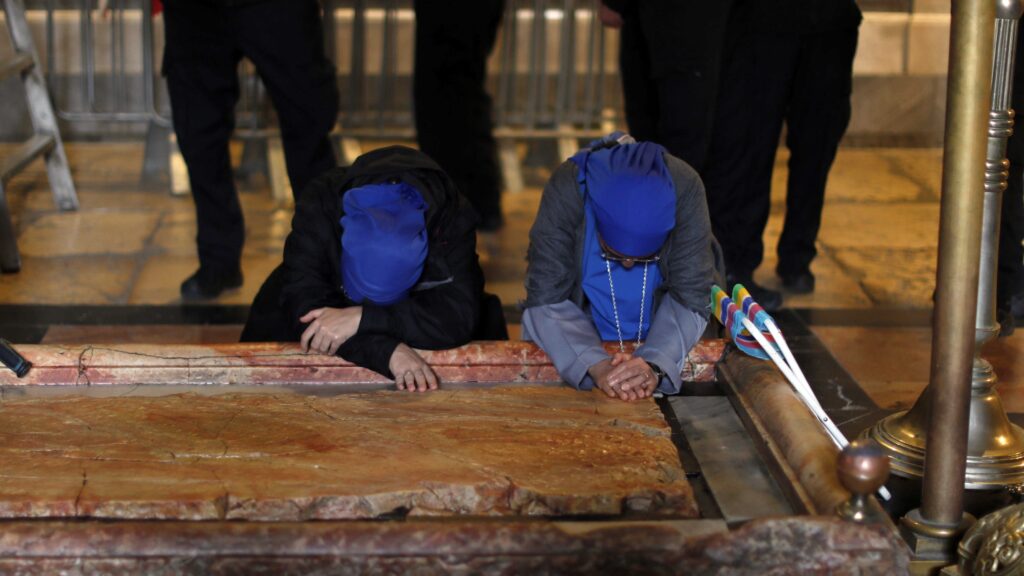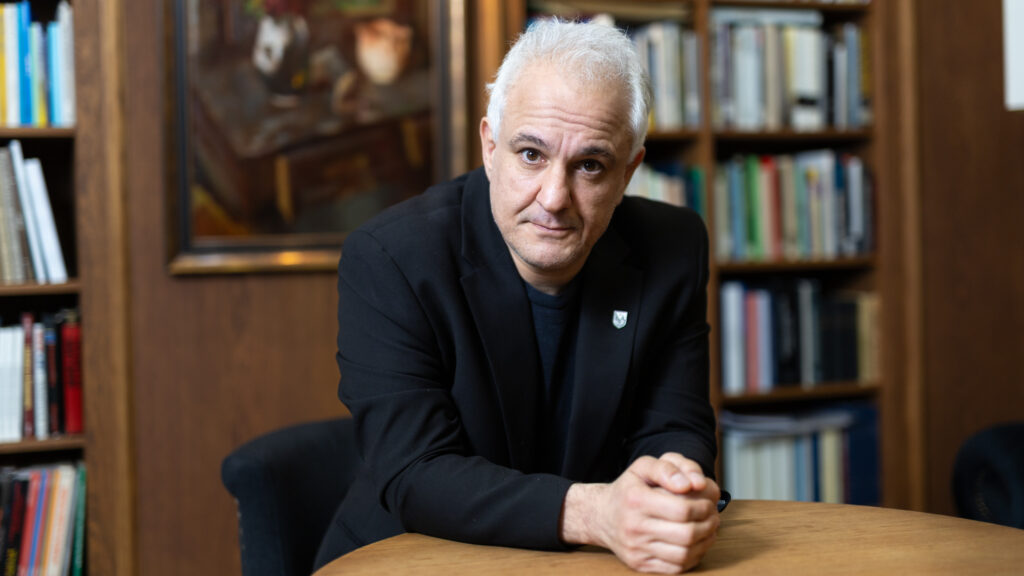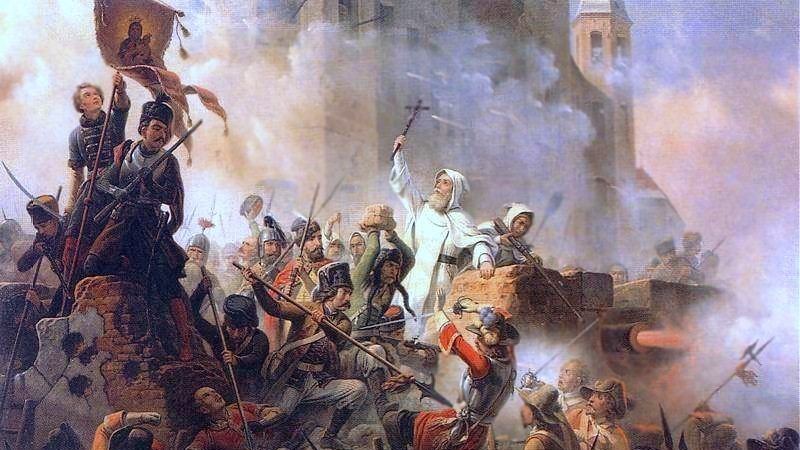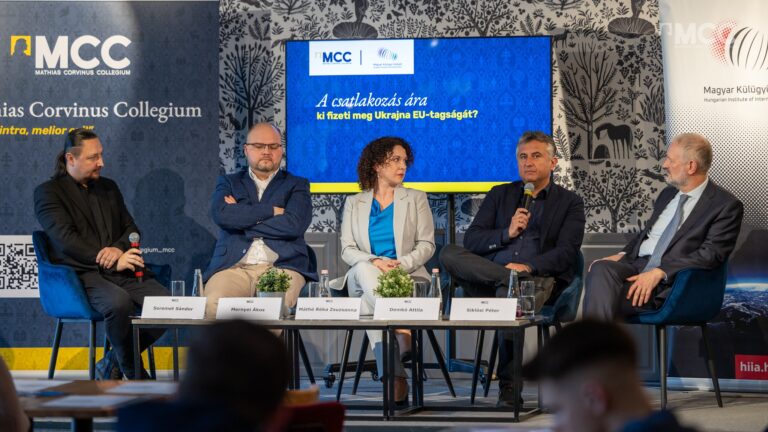Some of the Christianity-inspired or openly Christian pieces of science fiction, fantasy and other Christianity-influenced sub-genres within the broader genre of speculative fiction have gained widespread attraction among book lovers over the past century. For secular-minded people, the appeal of such books lies in the simple fact that some of them are undoubtedly gems of literature with outstandingly captivating plots and characters. For believers, on the other hand, they may open up new perspectives, shedding new light on some of the tenets of their faith, and as a result, forging a better connection with God.
There are a number of outstanding literary works that belong to this peculiar genre. The most well-known is most probably J.R.R. Tolkien’s legendarium: a collection of literary works set in the mythical Middle-earth. Tolkien’s rich oeuvre includes classics such as The Hobbit, The Lord of the Rings and Silmarillion, a work published post-mortem by his son based on numerous dispersed notes and drafts written by Tolkien. Although certain aspects of Tolkien’s worldbuilding were clearly influenced by pre-Christian mythology, the works are nonetheless rich in Christian symbolism, themes, ethics and theology.
Immortality, salvation, resurrection, repentance, mercy and many other, inherently Christian topics are at the centre of the plots.
The quote below by Tolkien, a devout Catholic, highlights the inseparability of the Christian faith from his legendarium:
‘The Lord of the Rings is of course a fundamentally religious and Catholic work; unconsciously so at first, but consciously in the revision. That is why I have not put in, or have cut out, practically all references to anything like ‘religion’, to cults or practices, in the imaginary world. For the religious element is absorbed into the story and the symbolism’.
With his works, Tolkien created a new genre in literature–fantasy that has served as inspiration to many other artists, such as another forerunner of speculative Christian fiction, a friend of Tolkien’s, and not less known than him: theologian, writer and philosopher C.S. Lewis. Hungarian Conservative has already extensively covered some of C.S. Lewis’ philosophical works. The British author is perhaps best known for creating the marvellous world of the famous Chronicles of Narnia, set in a realm of talking animals, magical and mythical beasts. While the Narnia series is primarily targeted at children, The Space Trilogy was written for an adult audience. The Space Trilogy was largely born out of and was inspired by his conversations with Tolkien. Lewis,
deeply concerned by the reductive materialist worldview that permeated science in his time,
decided to bring Christian ideas into the world of fiction. In his Trilogy, he aimed to demonstrate the relevance of Christian theological virtues, such love, faith and hope, and showed that even in the cold vastness of space they would not lose their relevance. In addition, he also strived to show that the seemingly dead and hostile void is, in fact, a manifestation of God’s glory and beauty. The underlying narratives of his books reflect on the confrontation between good and evil, the dangers of power, and many other concepts central to his Christian worldview.
While Tolkien and Lewis were undoubtedly the most famous authors of speculative Christian fantasy, there are other writers, too, whose work is worthy of attention. A tetralogy authored by the American science fiction and horror writer Dan Simmons,
the Hyperion Cantos series is also an outstanding work of art in this genre.
The series includes Hyperion, The Fall of Hyperion, Endymion and The Rise of Endymion. Three short stories, Remembering Siri, The Death of the Centaur and Orphans of the Helix are sometimes also featured as parts of the series, as they are set in the same fictional universe. The primary setting for much of the series is the enigmatic planet of Hyperion. The plots of the books revolve around this planet and its mysteries. A central idea of the series is that Hyperion conceals subterranean labyrinths of ancient origin whose purpose is covered by the veil of mystery. The planet’s most intriguing puzzle is the Time Tombs, colossal artifacts enveloped by anti-entropic fields that grant them the power to defy the conventional flow of time and move backwards. In Hyperion Cantos’ fictional universe the Hegemony of Man exerts its jurisdiction over 200 diverse planets that are directly connected by portals allowing for instant travel, rather than by long-haul inter-space routes.
While Dan Simmons’ work is not centred around Christianity to the extent the writings of the previously mentioned authors do, Hyperion Cantos nonetheless possesses a certain appeal to Christian audiences.
Much of their setting is in fact inspired by the works of Pierre Teilhard de Chardin,
a 20th century French theologian and scientist of immense intellectual influence. Else than having a theological inspiration, there are multiple Christian topics embedded in the narrative as well—such as faith and the questioning of faith, the search for the transcendental, understanding who God is and how to distinguish him from false Gods, what is considered to be a violation of the divine order, what is the role of the Messiah and how his deeds can change Humanity. Christianity not only influenced the overarching narrative of the book, but also plays a major role in the plot itself—the Catholic church is one of the most influential organizations in the galaxy, and many of the main characters come from it.
The above-described works of literary art are famous not only because they have the power to entertain readers but also because they can impact the readers’ worldview. As 20th century Christian-inspired fictional works, they play on themes that reveal the difficulty of keeping the faith amidst adversities, while also exalt Christian virtues and the promise of salvation.

